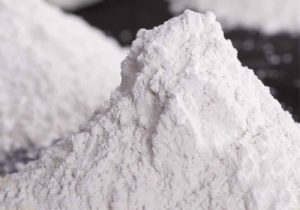
CP-992 Organophilic clay
CP-992 Organophilic Clay, the wet process improved viscosifier and gelling agent . It is a rapidly dispersing.
Thixotropic Agent for Epoxy: As a representative producer and manufacturer of organic bentonite, you can easily find the Thixotropic Agent for Epoxy you need at Camp Shinning. Its application scope covers a wide range, such as paint, coatings, ink grease, oil field drilling, etc. All of the organoclay bentonite produce

CP-992 Organophilic Clay, the wet process improved viscosifier and gelling agent . It is a rapidly dispersing.

CP-982 Organophilic Clay is an amine treated bentonite with a moderate temperature performance.

CP-150 Organophilic Clay is a self-activating organoclay that disperses easily and performs well in diesel, low aromatic mineral oil, modified vegetable oil, and synthetic base fluid formulations.


CP-10 organoclay is a rheological additive made of organoclay. It is used in non-polar to moderately polar aliphatic and other solvent systems

CP-MPZ organoclays is an modified bentonite that is used in solvent and resin systems ranging from non-polar to highly polar.

The CP-MPS rheology modifier is a type of organo clay rheological additive that is used in solvent and resin systems ranging from non-polar to high polarity.
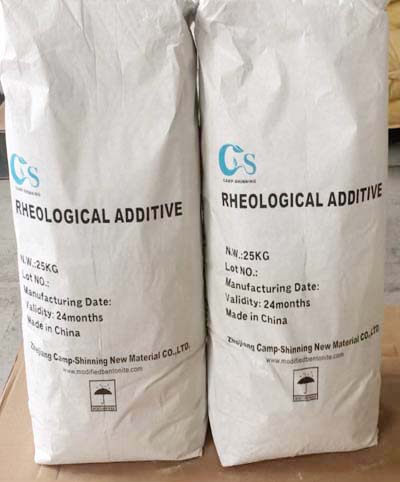
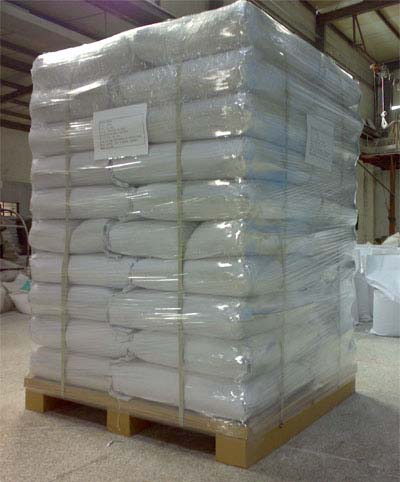
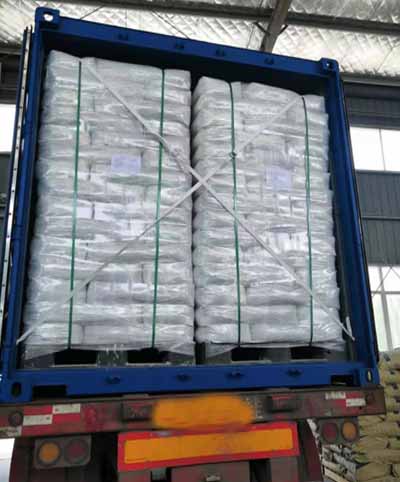
Organoclay Supplier / Manufacturer :
Internet address: https://www.rheologymodifiers.com/
Email address: [email protected]
Whatsapp / Wechat: +86-13185071071
Organophilic Clay Supplier / Manufacturer :

CP-EW Organoclay for Water Based paint. It is primarily employed in water borne paint systems,such as latex paint. So it is a good water based additive in paints,coatings,grease etc.

CP-EWS Modified bentonite It is employed in a water-borne coatings system. CP-EWS organoclay outperforms CP-EW in terms of thixotropy, transparence, and dispersion.

CP-WBS Rheology Modifier is rheological modified bentonite. It is mostly employed in water-borne systems.


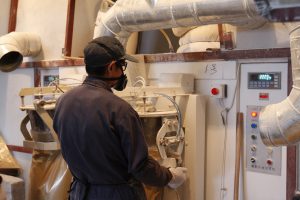
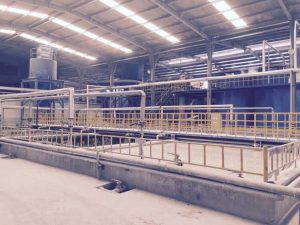

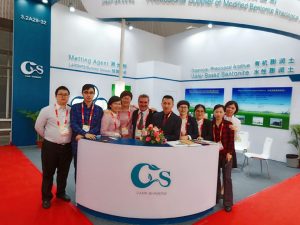
The Organoclay bentonite | Organophilic clay -specialized Zhejiang Camp-Shinning New Material CO.,LTD. and Hangzhou Camp-Shinning CO.,LTD. are subsidiaries of Camp-Shinning.
Camp-shinning concentrated on high value-added, high-technology organo bentonite series products, particularly in research, development, manufacturing, and sales of organic (solvent based organoclay) and inorganic bentonite (water based organoclay).
Our Organophilic bentonite clay finds widespread application in oil drilling mud, paint, coating, lubricating grease, adhesive, construction mortar, cosmetics, and waste water treatment, among other applications. A group of world-class professional users and distributors, such as SUN CHEMICAL,,SIEGWERK,LEHMANN &VOsS, and others, have acknowledged our dependable quality.
Current annual production of organic bentonite clay | organoclay is 20,000 metric tons, while refined bentonite production is 15,000 metric tons.
Our ISO 9001 quality system certification and IS014001 environmental management system certification, as well as our own mine with superior ore quality and production of proprietary technology, ensure the long-term quality and supply stability of our Organoclay bentonite | Organophilic clay.
Our mission is to provide users with superior Organoclay bentonite | Organophilic clay and services and to collaborate with them to achieve success and glory.
Internet address: https://www.rheologymodifiers.com/ and email address: [email protected]
Whatsapp / Wechat: +86-13185071071
Organoclay | Organophilic Clay CP-2 also named amine treated Bentonite.
In diesel oil based fluids,organophilic clay viscosifier CP-2 are used to increase carrying capacity and suspension properties, providing support for weight materials and improved cutting removal. Organophilic bentonite also aids in filter-cake formation and filtration control.
Properties
Composition Organically modified bentonite clay
Physical appearance Off white to tan free-flowing powder
Moisture content (105℃,2hr) ≤4%
Particle size (<76μm or 200mesh) ≥95%
Specific Gravity 1.6-1.8
Advantages
Effective viscosifier and gellant
Aids control of fluid loss to the formation
Increases emulsion stability
Improves cuttings carrying and hole cleaning capacity
Suspends weighting materials and other solids
Confers temperature stability to the fluid
Application
Base oil:
Diesel Oils
Crude Oils
Mineral Oils
Synthetic Oil
Viscosifying drilling Fluids:
Oil based drilling fluids
Invert emulsion fluids
Workover fluids
Completion fluids
Casing packs
Packer fluids
Spotting fluids
Package
Organoclay | Organophilic Clay CP-2 is packed in 50lb(22.7kg) or 25kg/bag or customized,multi-wall paper sacks or Kraft paper bag with PE liner or customized.
Storage
CP-2 Store in a dry, well-ventilated area with temperature of 0℃-30℃. Keep container closed. The quality guarantee period is 24 months.
Notice
The information on use is based on data which are believed reliable, but any recommendation or suggestion made is without guarantee or warranty, since the conditions of use are outside our control. All products are sold on the conditions that purchasers shall make their own tests to determine the suitability of such products for their purpose and that all risks are assumed by user. We disclaim any responsibility for damages resulting from careless or improper handling or use. Nothing herein is to be taken as permission, inducement or recommendation to practice any patented invention without a license.
Internet address: https://www.rheologicaladditive.com/ and email address: [email protected]
Whatsapp / Wechat: +86-13185071071
Thixotropic Agent for Epoxy
When used in epoxy compositions, an organoclay thixotropic addition effectively raises a material’s sag resistance while preserving the resin’s characteristics. A polymer with exceptional thixotropic flow characteristics is organoclay. It also has effective anti-sagging qualities. There are various kinds of organoclay, and some are more suited than others for particular applications.
Thixotropic Agent for Epoxys’ characteristics
Smectite clay and a quaternary ammonium compound react to generate the class of chemicals known as organoclay. These substances are employed as thixotropic agents and paint additives. Although these substances offer many advantages, they also have some disadvantages. While some are exclusively helpful in aromatic or aliphatic environments, others are difficult to disseminate.
The capacity of an organoclay thixotropic additive to disperse into highly viscous systems without the requirement for a polar dispersion or preactivator is one of the main benefits of employing this type of additive. This kind of substance is especially helpful in organic coating systems that need to have strong rheological characteristics.
Organoclay improves the adhesive qualities of an epoxy in addition to its viscous behavior. The improved adherence, higher flexibility, and low-stretch adhesion are particularly notable. Its inclusion also causes internal friction, which causes a significant energy loss.
Epoxy and a clay layer’s capacity to stick together can be improved by organoclay. By creating siloxane links between the two layers, this is accomplished. The interfacial adhesion between the two layers is also improved by the siloxane bonding between them.
An organic clay material called an organoclay thixotropic agent functions as a thixotropic agent in epoxy resins. A resin’s concentration of organoclay varies, but the typical ranges from 0.3 to 5% of the resin’s weight. This ingredient aids substrate adhesion of the resin. Additionally, it prevents the fluid coating from settling and from sagging. There are numerous kinds of organoclay, including copolymers and poly(propylene glycol).
Thixotropic Agent for Epoxy
Epoxy resins use organoclay for a number of uses, including electronic ones. The substance’s layered nature makes it a superior nanofiller. It increases the tensile strength and toughness of epoxy resins. It can also strengthen its resistance to chemicals and heat.
Quaternary ammonium compounds and organic molecules react to form organoclay. This chemical results in a molecule with enhanced thixotropic characteristics and cationic and nonionic properties. These substances do, however, have a number of drawbacks. Some of them, for instance, are hard to distribute and work better in aromatic than aliphatic environments.
Thixotropic Agent for Epoxy
If a polar activator is included, organoclay thixotropic compounds may be more reasonably priced. This eliminates the need for costly solvents and enables the organic clay to diffuse into the asphalt system. Ketones and alcohols with low molecular weights are further sources of these dispersants.
Organoclay is created by mixing bentonite clay with dimethyl dihydrogenated tallow ammonium chloride. The moisture content of the resulting substance is roughly 13.0%. Then, using filtering, centrifugation, freeze drying, or spray drying, the organoclay material is separated.
There are several uses for organic clays. In environmental science, they can be used for a number of purposes, such as adsorption, hydrophobic partitioning, electrostatic attraction, and ion exchange. They have also been utilized as thixotropic agents in numerous types of polymers.
Thixotropic Agent for Epoxy
The polymer’s modulus is raised by the addition of organoclay. Additionally, the material’s rigidity is improved.
Organoclay Supplier / Manufacturer :
Internet address: https://www.rheologymodifiers.com/
Email address: [email protected]
Whatsapp / Wechat: +86-13185071071
Organophilic Clay Supplier / Manufacturer :

CP-180 organoclay is an organo clay rheological additive (modified montmorillonite) designed specifically for use in solvent-based systems

CP-34 organoclay is a modified bentonite that has been specifically designed for use in solvent-based systems.

CP-EDS modified bentonite is a kind of organo clay rheological additive. It is used in systems of medium polarity and high polarity system.
Thixotropic Agent for Epoxy